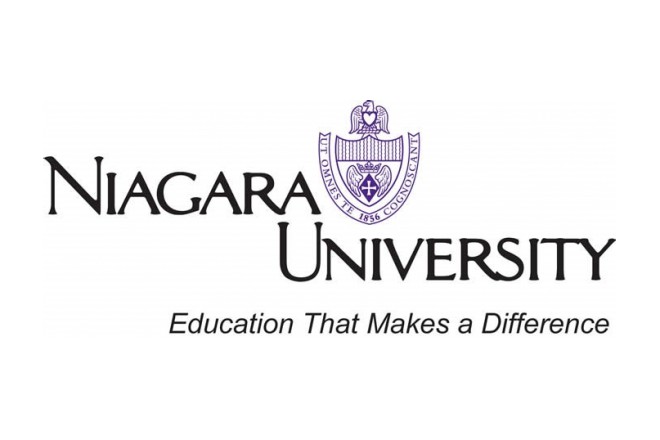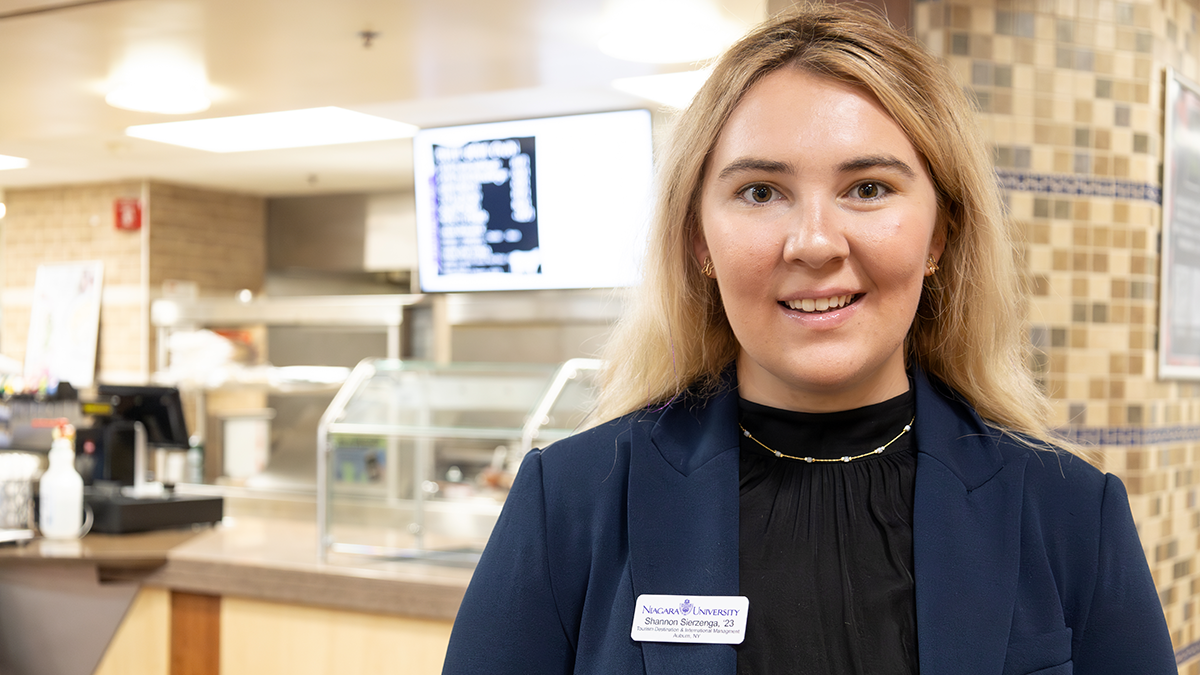Hospitality And Tourism Management Niagara College

Niagara-on-the-Lake, ON – A perfect storm of labour shortages, evolving consumer expectations, and technological disruption is reshaping Canada's hospitality and tourism sector, demanding a new breed of professionals. At the forefront of preparing the next generation of leaders stands Niagara College's School of Hospitality and Tourism Management, an institution deeply intertwined with the region's vibrant tourism industry.
The college faces the challenge of adapting its curriculum to meet the immediate needs of employers while equipping students with the long-term skills to navigate an ever-changing landscape. This involves integrating technology, emphasizing sustainability, and fostering a customer-centric approach that prioritizes memorable experiences. This article delves into how Niagara College is addressing these challenges, exploring its innovative programs, industry partnerships, and its role in shaping the future of hospitality and tourism in Niagara and beyond.
Industry-Driven Curriculum: Responding to Immediate Needs
Niagara College's hospitality and tourism programs are designed with direct input from industry leaders. Advisory boards composed of hoteliers, restaurateurs, and tourism operators provide ongoing feedback on curriculum relevance, ensuring graduates possess the skills employers are actively seeking.
This collaborative approach is evident in programs like the Bachelor of Business Administration (Hospitality) and the Tourism Management - Business Development graduate certificate, which incorporate real-world case studies and experiential learning opportunities.
According to Damian Goulbourne, Associate Dean, Division of Hospitality and Tourism, "Our programs are not static; they are constantly evolving to reflect the changing needs of the industry."
Experiential Learning: More Than Just Theory
A hallmark of Niagara College's hospitality and tourism programs is its emphasis on experiential learning. Students gain practical experience through placements in hotels, restaurants, wineries, and other tourism-related businesses across the Niagara region and beyond.
The college also operates its own learning enterprises, including Benchmark, a fine-dining restaurant staffed by students, and a retail store showcasing local products. These facilities provide a controlled environment for students to hone their skills and gain confidence before entering the workforce.
Carolyn O’Donnell, a recent graduate of the Hotel and Restaurant Operations program, credits her placement at a local winery for solidifying her career path. "The hands-on experience was invaluable," she says. "It allowed me to apply the theoretical knowledge I learned in class to real-world situations and network with industry professionals."
Embracing Technology and Sustainability
Recognizing the transformative power of technology, Niagara College is integrating digital tools and platforms into its curriculum. Students learn to utilize property management systems (PMS), customer relationship management (CRM) software, and other technologies that are essential for efficient operations and enhanced customer experiences.
Furthermore, the college is committed to promoting sustainable practices in the hospitality and tourism sector. Courses on sustainable tourism development and eco-friendly operations equip students with the knowledge and skills to minimize their environmental impact and contribute to a more responsible industry.
Niagara College's dedication to sustainability is also reflected in its campus initiatives, such as the implementation of energy-efficient technologies and waste reduction programs.
Addressing the Labour Shortage: Training the Next Generation
The hospitality and tourism industry is currently facing a significant labour shortage, exacerbated by the pandemic. Niagara College is playing a vital role in addressing this challenge by attracting and training the next generation of hospitality professionals.
The college actively recruits students from diverse backgrounds and offers a range of programs to suit different interests and career aspirations. Scholarships, bursaries, and other financial aid options are available to help students overcome financial barriers to education.
Dr. Sean Kennedy, President of Niagara College, emphasizes the college's commitment to workforce development. "We are working closely with industry partners to ensure that our graduates are well-prepared to meet the evolving needs of the hospitality and tourism sector," he states.
Looking Ahead: Innovation and Adaptation
Niagara College is continuously adapting its programs and initiatives to stay ahead of the curve. The college is exploring new areas of specialization, such as event management and destination marketing, to meet the evolving demands of the industry.
Furthermore, the college is investing in research and development to identify emerging trends and best practices in hospitality and tourism management. This research informs the curriculum and helps to ensure that students are equipped with the latest knowledge and skills.
By fostering innovation, embracing technology, and prioritizing sustainability, Niagara College is positioning itself as a leader in hospitality and tourism education and a vital partner in the growth and prosperity of the Niagara region and beyond.


















